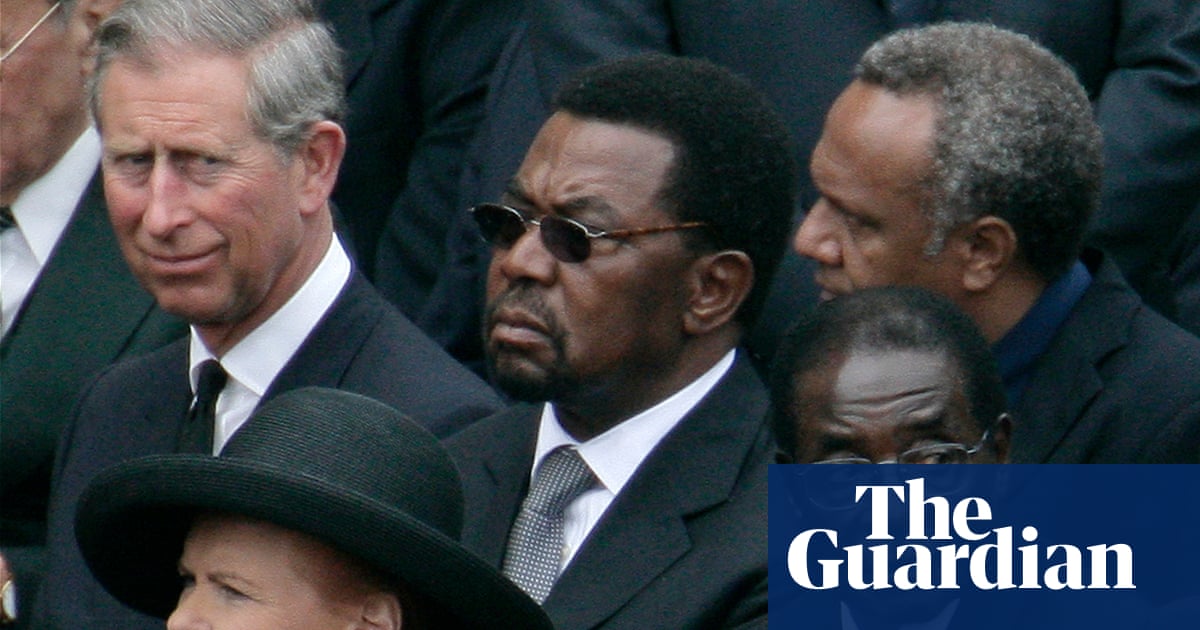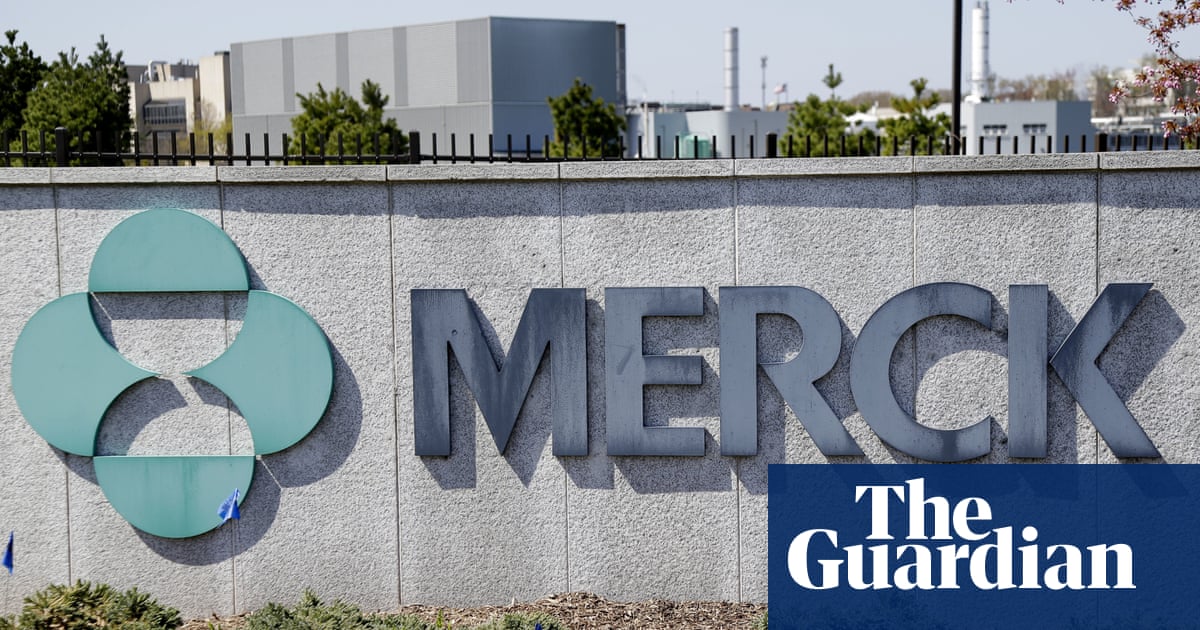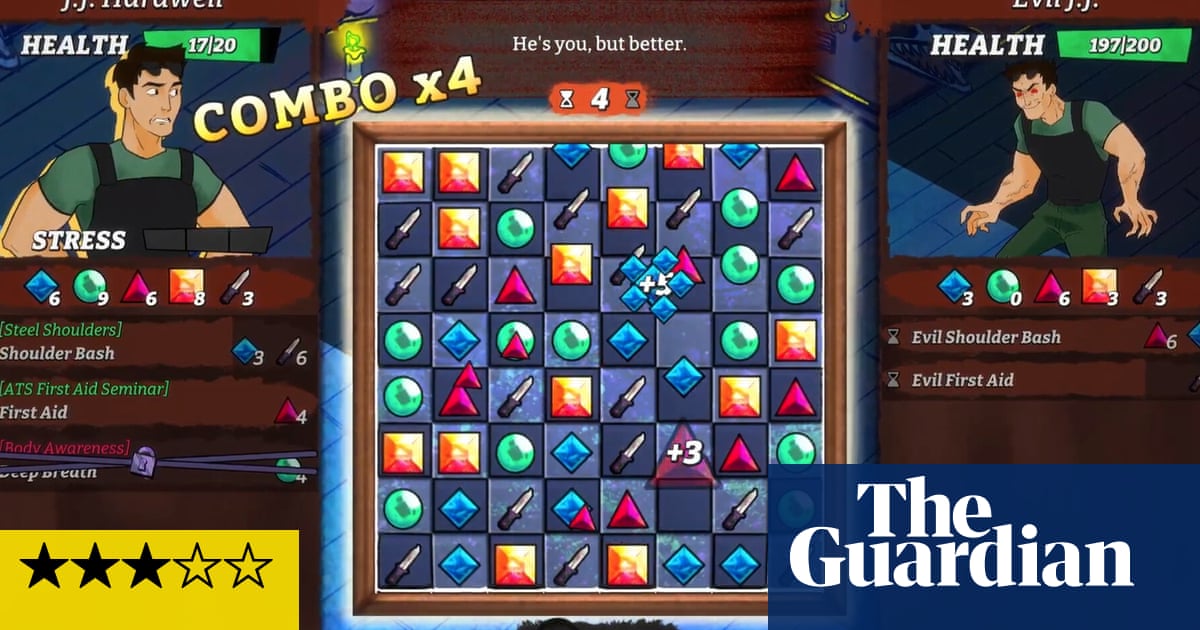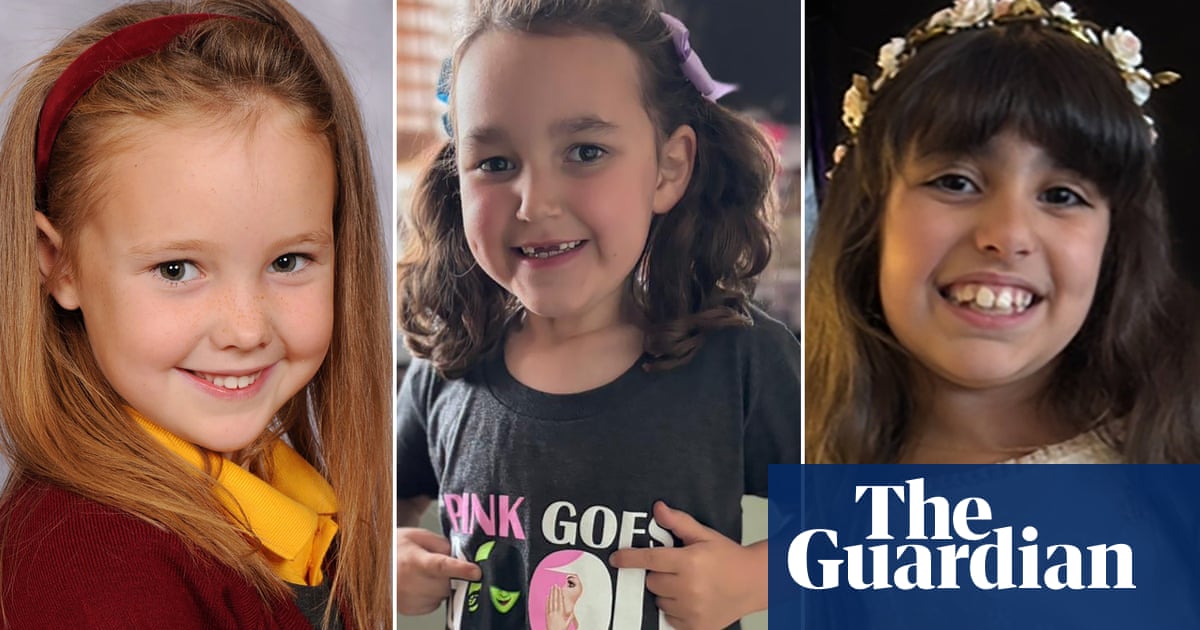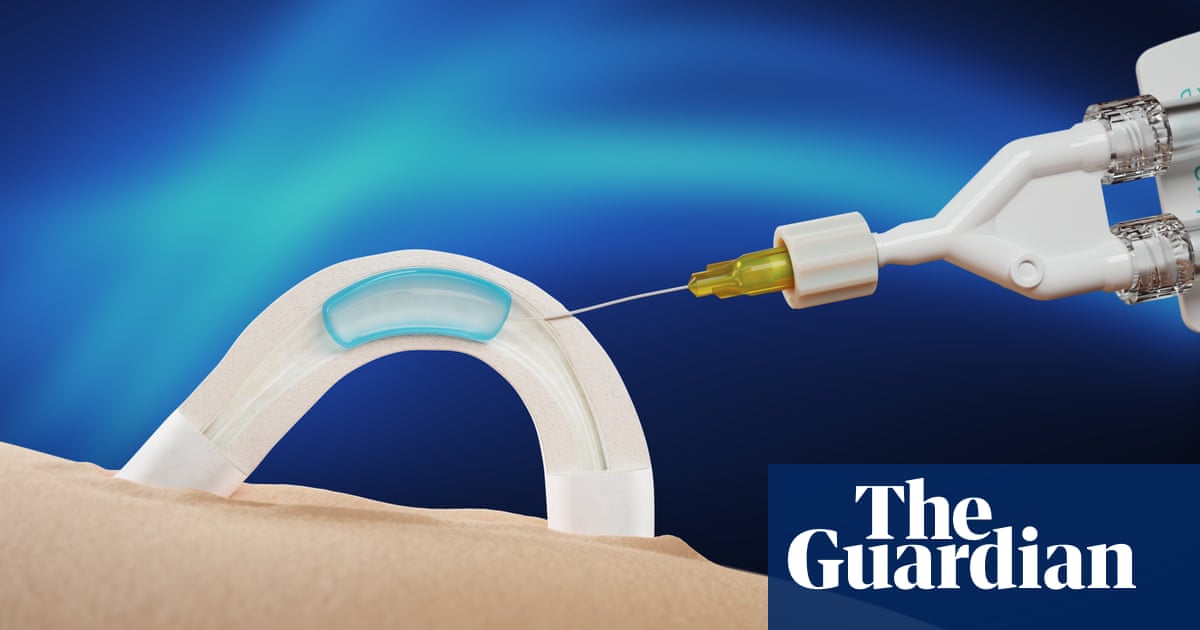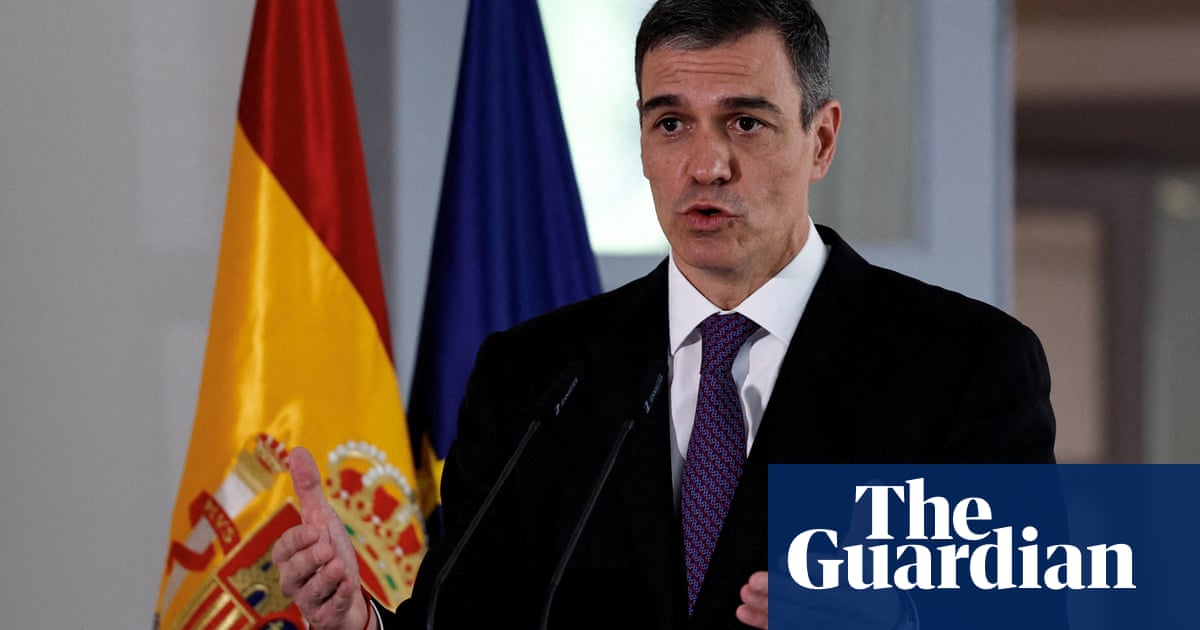The Church of England has decided to hold off on full independence for its safeguarding operations in a move that is likely to dismay victims and survivors of abuse and falls short of expert advice.
Its ruling body, the General Synod, voted overwhelmingly to transfer most national safeguarding staff to an independent body, but to delay a parallel move for local staff until “further work” had been undertaken.
The compromise was despite an appeal by Stephen Cottrell, the archbishop of York and temporary de facto leader of the C of E, who urged members to back full independence, calling it the “right way forward”.
He told the meeting: “Trust has broken, and that really matters. We need a step-change in the way we do safeguarding.”
Earlier, Prof Alexis Jay, who chaired the national independent inquiry into child sexual abuse and separately advised the C of E on safeguarding, also said it was “absolutely necessary” for the synod to back full independence.
“Church safeguarding, as it stands, falls below the standards of secular organisations, and I do not think that can continue when it has also led to such serious weaknesses,” she told the BBC.
Abuse survivors protested outside Church House in Westminster on Tuesday morning, pleading with synod members to make the C of E’s safeguarding processes fully independent.
The vote on the most pressing issue facing the C of E came three months after Justin Welby announced his resignation as the archbishop of Canterbury after being criticised in a report on John Smyth, a sadistic abuser of young men, that found opportunities to halt his actions were not taken. The report and Welby’s departure plunged the church into turmoil.
Since then, Cottrell has faced repeated calls to resign over alleged failings over dealing with abuse. John Perumbalath also stepped down as bishop of Liverpool after allegations of sexual misconduct were revealed by Channel 4 News.
Joanne Grenfell, the bishop of Stepney and the C of E’s lead bishop on safeguarding, told synod members on Tuesday that the church needed to act to “end a painful and shameful time of reckoning” on abuse. Radical change was necessary, even though it would be complex and lengthy, she said.
After her motion was amended, she said she was “disappointed that we have not done as much as we could have done today”.
The Labour MP Marsha de Cordova, who represents the C of E in the House of Commons, said the church was facing a “watershed moment” and that it must show parliament and the public that it is “fully committed to change”. Full independence was the “first step towards restoring trust”, she said.
However, Jonathan Gibbs, the bishop of Rochester, argued that retaining local safeguarding professionals within the C of E’s structures, where they could “see and challenge the way things are done day by day” offered the “best chance for changing the culture” of the church.
The decision to stop short of full independence was likened to taking a “slow train … that might be derailed” by synod member Rev Canon Paul Cartwright.
After the vote, Fr Robert Thompson, a London priest who has campaigned for safeguarding to be made fully independent of the C of E, said he was disappointed.
“My hope is that the ambition and vision [of full independence] remains our ultimate destination,” he said. “The majority of survivors and victims want this, as well as those watching us in parliament and the public at large. The reputation of the church and any moral authority that we have in the nation requires this to remain our ultimate goal.”
Outside the meeting before the debate, Craig Freedman, an abuse survivor, said the church should “close its doors” if it did not back full independence. “I have lost all my faith. As far as I’m concerned, the church has persecuted me throughout my life,” he said.

.png) 2 months ago
24
2 months ago
24
